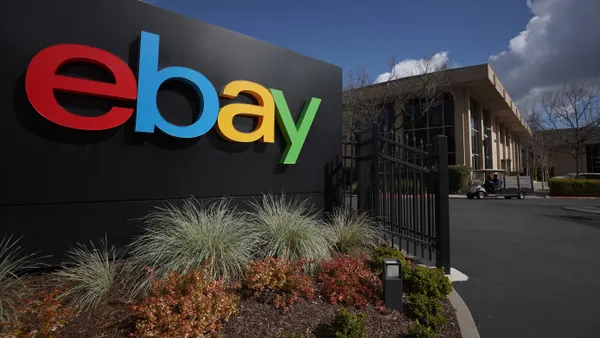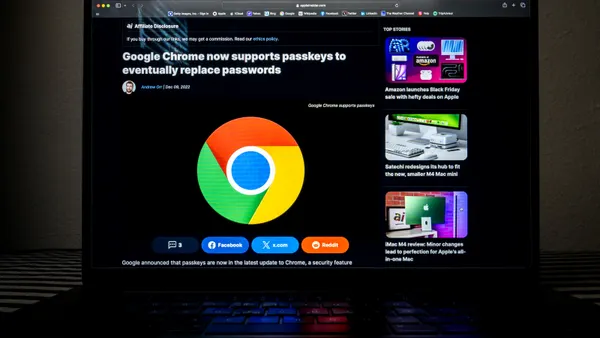Dive Brief:
-
L’Oréal’s Modiface unit launched artificial intelligence-powered skin diagnostic technology to allow consumers to upload selfies to obtain treatment advice, according to a L’Oréal press release. Development of the digital tool is based on 15 years of scientific research on aging skin by the company's research and innovation teams.
-
The technology leverages an AI-powered algorithm developed by Modiface that was trained on 6,000 clinical images from L’Oréal’s research, and on more than 4,500 smartphone selfies of women with different racial backgrounds in various lighting conditions, the press release stated.
-
L’Oréal’s new skin diagnostic technology serves as the foundation of its Vichy SkinConsultAI offering, which launched last month in Canada and will expand to other L’Oréal brand websites throughout the world later this year, the company said.
Dive Insight:
L’Oréal acquired Modiface almost a year ago after the start-up had a productive couple of years launching augmented reality-based beauty tools through Facebook Messenger, as well as working with brands like Smashbox on innovations such as a virtual makeup try-on mobile app with eye-tracking capability.
Several months before the acquisition, Modiface developed its own skin assessment capability that was tested and adopted by L’Oréal’s Vichy skin care brand. The newly announced skin diagnostic technology is an evolution of that initial offering.
The brand made use of L’Oréal’s Skin Aging Atlases, which the company described as "exhaustive atlases of facial aging." L’Oréal compiled this research by carrying out studies in France, China, Japan, India and the U.S. on 4,000 people between the ages of 20 and 80. The company says that Skin Atlases enable predictions of the effects of facial aging on different types of people, which in turn allow for better clinical evaluations of cosmetic or dermatological treatments.
"With the acquisition of ModiFace, we have started a second phase of L'Oréal's digital transformation, focused on reinventing the beauty experience through technologies such as voice, AR and AI," said Chief Digital Officer of L'Oreal, Lubomira Rochet, in a statement. "We believe that services will be the new gateways for discovering our brands and products."











